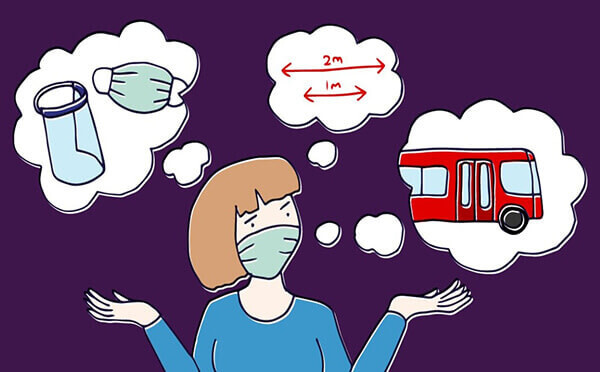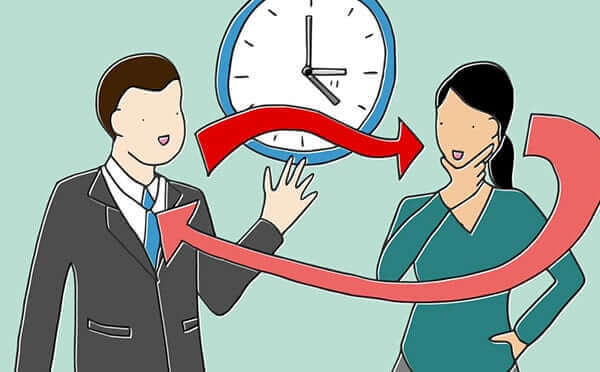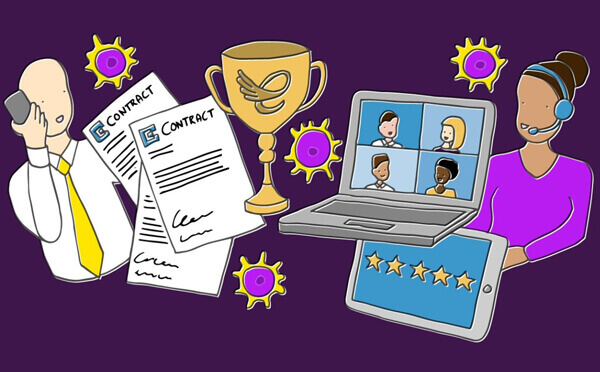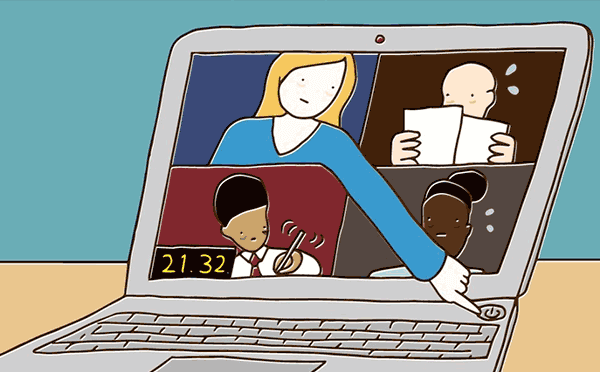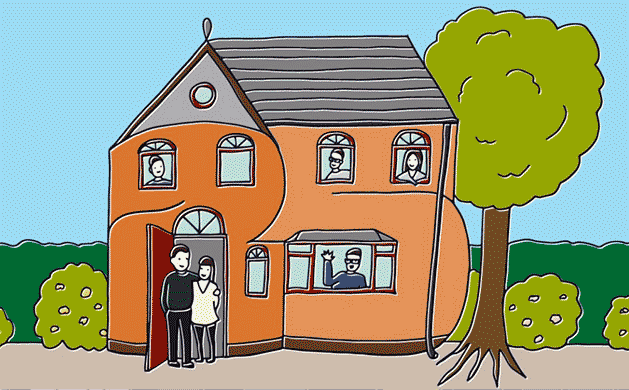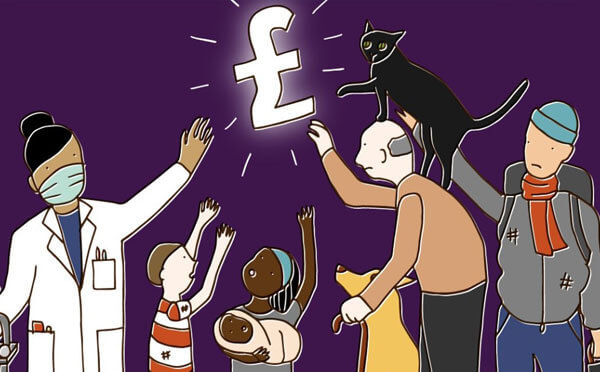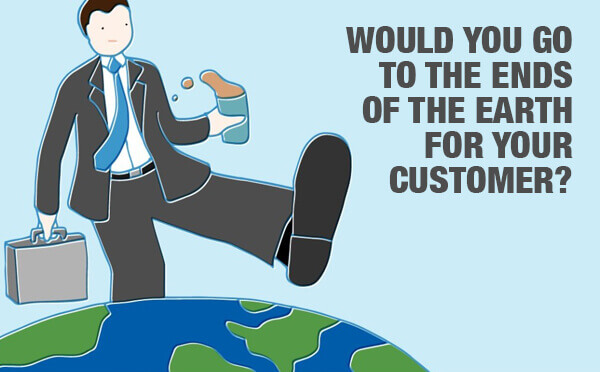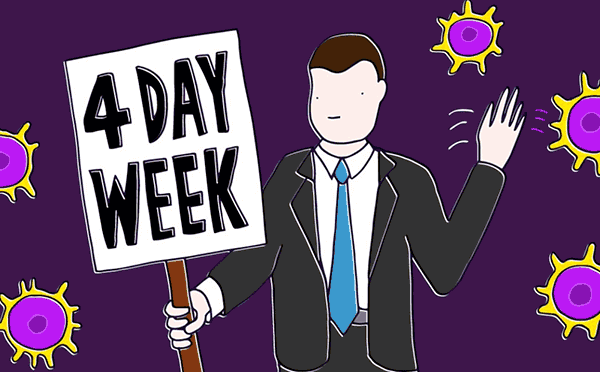Last month, Boris Johnson told the nation that it was time to go back to work.
Public transport was now safe to use, he claimed, so go out and stimulate the economy.
If he expected a stampede of commuters on August 1, he was disappointed. Just a third of Britain’s workers have gone back to the office so far this month. This is the lowest figure in Europe. In France, that number is as high as 83%.
It can’t have helped that the same day the Prime Minister was trying to chivvy us all back to the office, his Chief Scientific Advisor, Patrick Vallance, was telling people to ignore the advice and stay home.
Schools will reopen and are perfectly safe, we are told. Pubs are breeding grounds for the virus and may be closed down again. Soft play areas are dangerous but nurseries are not. Clubs are bad but gyms are fine.
We have been receiving mixed messages from Government throughout this pandemic and we are tired of it.
BigChange, like many resilient British firms, has been operating throughout lockdown. It’s been ‘business as usual’ for us, with almost every member of the team working from home. We have pivoted to offer virtual meetings and support and we’ve been delighted by the response from customers. We’ve had many stellar reviews over the last few months, proving to me that the virtual model works for us.
But we do want to help support the economy. We recognise the plight of many local businesses, like coffee shops that rely on commuter trade. We also want to offer access to the office to colleagues who want to come in for some peace and quiet, or to see colleagues (albeit at a distance).
I recently asked my network for some help finding a health and safety expert to review our office facilities and check whether it would be possible to reopen. A customer put us in touch with a brilliant gentleman who came and did a recce last week.
We have 10,000 square feet of space at our Leeds office. More than 100 people usually work there. Yet, taking into consideration all the new social distancing rules, just 15 people can now be in our office at any one time.
This is because the social areas, such as loos and kitchen, are not set up for social distancing. If I’m honest, they were too small even before we had to keep staff 2m apart. That’s just how offices are designed these days.
If we have just 15 people in the office, they can easily stay more than 2m apart. But does that mean they will be completely safe? We don’t know. The Government doesn’t know.
We use air conditioning in our offices, like many organisations across the UK. Most modern office buildings don’t even have windows that open; air is recirculated between floors. Could the virus be spread through the vents? We are in discussions with the landlord to try and find a solution but shouldn’t this be a job for Government?
And if we ask people to wear masks into the office, what masks should we tell them to wear? We don’t know. There is still no British standard for masks. People can wear any old piece of cloth, even though it’s possible that anything less than surgical grade does little to protect others.
Some business owners are opting to leave all internal doors open to minimise the risk of spreading the virus on door handles. That’s not an option for us. Our internal doors are fire doors. Fire beats COVID-19 on my list of risks. So are we expected to hire someone to disinfect all our doors and stainless steel surfaces every half an hour? Will that mean just 14 people from BigChange can now return to the office?
This is just a taste of the complexity business leaders are facing right now. Government is issuing statements and practical guidance – but often these are conflicting or out of date. The threat of local lockdowns and second waves will be with us for months to come. This is why BigChange remains committed to working from home for the foreseeable.
However, we are setting up the office to enable limited use. Our employees will be able to book a slot if they need a better working environment or to work with new team members. Attendance will be completely voluntary. People can choose not to come to the office at all. In the meantime, we will continue to look for new and effective virtual approaches to developing company culture and building relationships between teams.
So my question to you, Prime Minister, is this:
How can you expect business leaders to reopen offices and get people back to work when regulations dictate that we can only have a fraction of the team in the building at one time? How can we reassure our staff we are prioritizing their safety when there is no definitive decision on all the risks they may face?
You may be able to chop and change and send out mixed messages, but I take the welfare of my people extremely seriously and I want them to know everything I tell them is correct, verifiable, and in their best interests.
So, come on, Boris. Sort out this mess.

